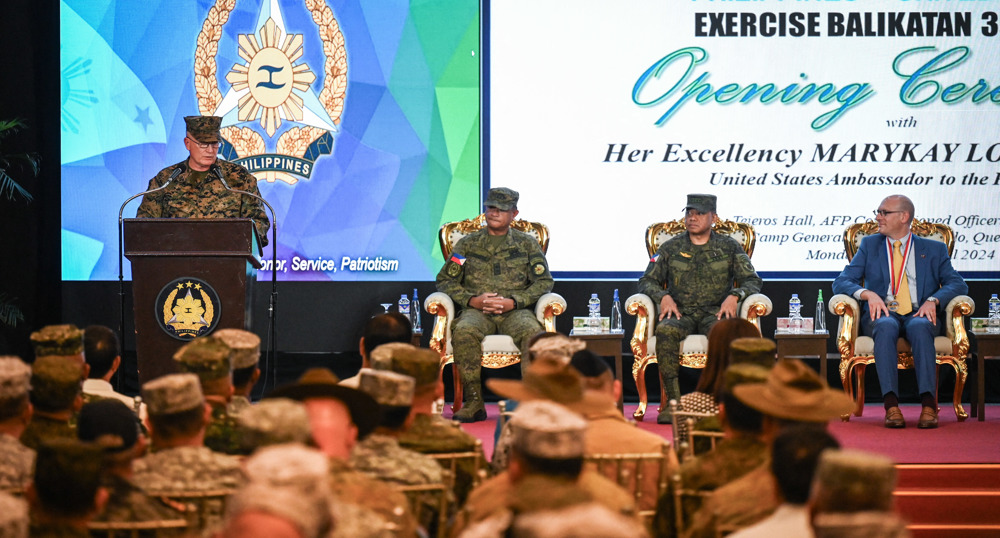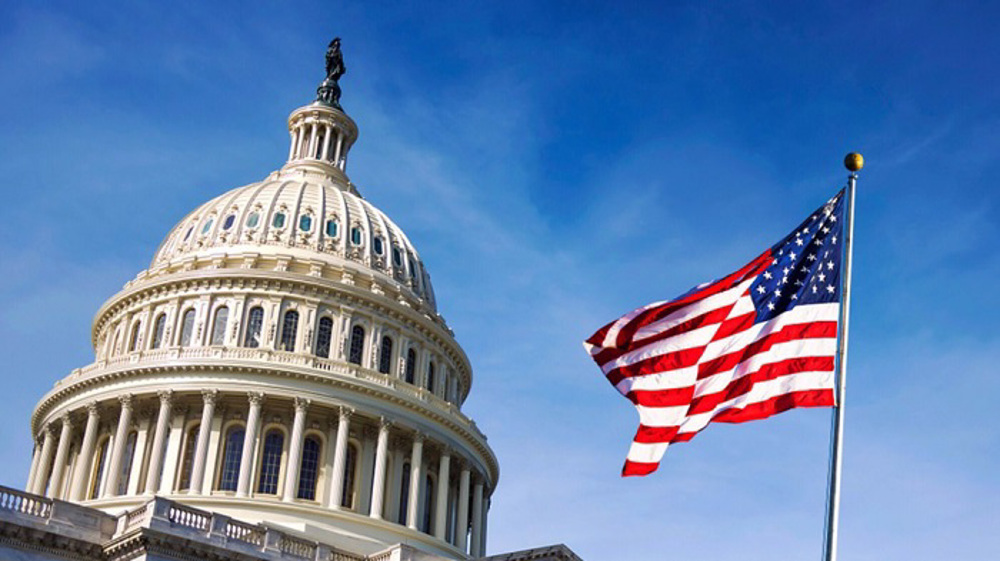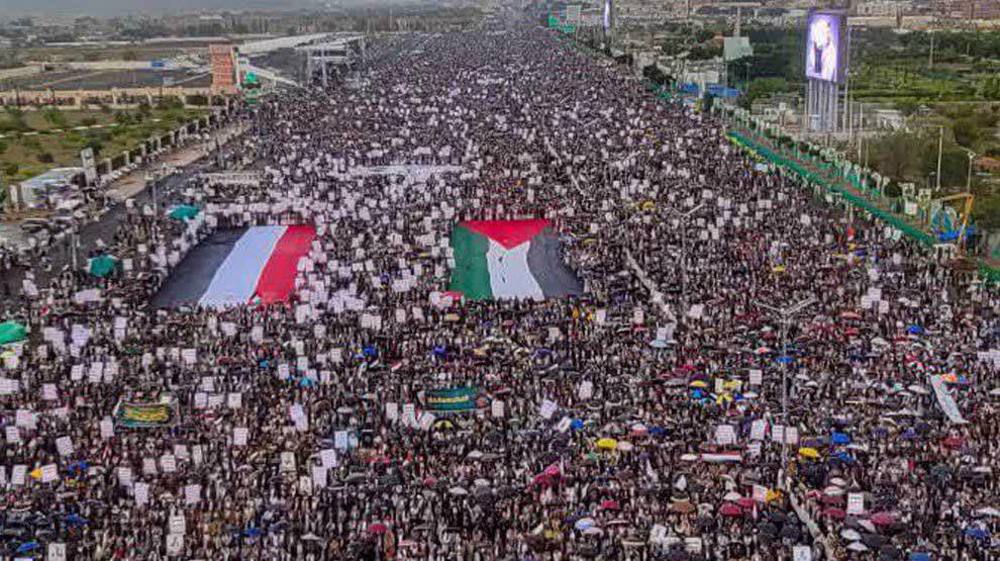Myanmar’s Suu Kyi eyes post ‘above president’
Myanmar’s opposition leader Aung San Suu Kyi, who is often referred to as a “democratic” figure, says she will circumvent a constitutional ban on her presidency by taking a post “above the president” if her party wins the polls.
“I will be above the president. It’s a very simple message,” Suu Kyi said in a Thursday news conference, without elaborating.
Her National League for Democracy (NLD) is expected to do well in the November 8 polls. However, Suu Kyi herself is constitutionally barred from the presidency because her late British husband and two sons are not Myanmar citizens.
The president in Myanmar is chosen from three candidates proposed by the two houses of parliament and the army. There is no prime minister in Myanmar’s political system.
The Sunday elections are being billed the freest polls in over two decades in the Southeast Asian country, which was under the rule of a military junta for half a century until 2011.
However, the NLD has been severely censured for not including any Muslim candidates in its list of over 1,100 parliamentary and regional assembly hopefuls; Suu Kyi, who boasts the Nobel Peace Prize laureate title, has remained silent on the issue.
No Muslims allowed in ‘democratic’ party’s list
The absence of Muslim candidates has brought about major disappointment among the country’s Rohingya Muslims, who have faced discrimination and marginalization for centuries.
Back in March, Myanmar’s parliament ratified a law barring people without full citizenship from voting. The move disenfranchised hundreds of thousands of Rohingya Muslims, who are not recognized as Myanmar’s citizens.
Myanmar’s Rohingya Muslims, currently living in the western state of Rakhine, have been subject to systematic repression by extremist Buddhists since the country’s independence in 1948.
The government of Myanmar has fallen short of protecting the rights of the marginalized group, forcing thousands of them to seek refuge in Thailand, India, Bangladesh and Indonesia, where they live in appalling conditions.
Rohingya Muslims have been recognized by the United Nations (UN) as one of the world’s most persecuted communities.

UN alarmed
Meanwhile, two UN special advisers have voiced alarm at the growing support for hatred against Myanmar Muslims, especially ahead of the elections.
Adama Dieng, the adviser on the prevention of genocide, and Jennifer Welsh, the adviser on the protection of civilians, said in a joint statement on Wednesday that the electoral process has marginalized religious minorities, particularly Rohingya Muslims, more than before.
The advisers also called on Myanmar’s government to openly denounce and oppose any speech that provokes discrimination, hostility and violence based on religion or ethnicity.
North Korea to stand up to sanctions, bolster military power: Official
Hezbollah says 2,000 Israeli forces killed, injured in operations since Gaza war began
War of wills: Iran army chief vows crushing response to any aggression
April 24: ‘Axis of Resistance’ operations against Israeli occupation
Tabas sand defeats US military
'US secretly sent long-range ATACMS missiles to Ukraine in recent weeks'
Iran: Awakened world public opinion determined to stop Israel war crimes
US House speaker wants National Guard to quell pro-Palestine student protests










 This makes it easy to access the Press TV website
This makes it easy to access the Press TV website